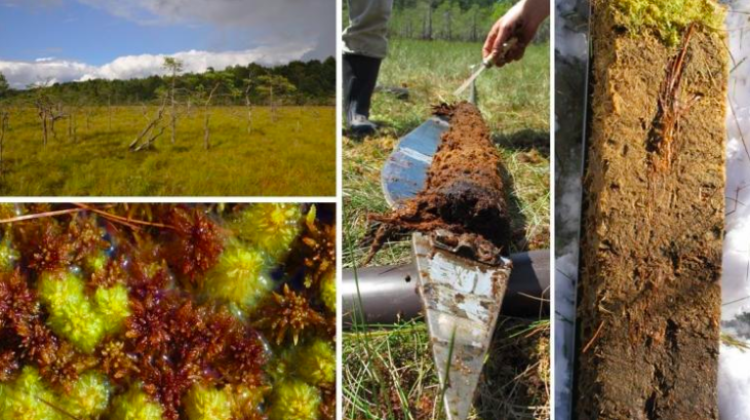The Central Mining Institute in an international CO2 capture project
 Photo: Fotolia
Photo: Fotolia
Researchers from 10 European countries will explore the possibilities for the dissemination of technologies for CO2 capture, use and storage in the Strategy CCUS project. The Polish partner in this undertaking is the Central Mining Institute in Katowice.
The aim of the project coordinated by the French geological service is to support selected European regions in the development of low-carbon energy and industry. In Poland, such regions are Upper Silesia and the Dąbrowa Basin, including the industrial areas of Katowice, Rybnik and Będzin.
According to the Central Mining Institute spokeswoman Dr. Sylwia Jarosławska-Sobór, as part of a project, in seven European countries: Spain, France, Greece, Portugal, Croatia, Romania and Poland, responsible for a total of 45 percent European CO2 emissions from industrial and energy sectors, regions have been selected, where elements considered helpful in the development of CCUS (carbon capture, utilization and storage) technologies are present.
"Elements that support CCUS include the existence of industrial clusters in the region, the possibility of storage and use of CO2, and hydrogen production and use potential" - explained the spokeswoman. Upper Silesia meets these conditions.
The research project, financed mainly with funds from the EU research and innovation programme Horizon 2020, involves 17 partners from 10 European countries: France, Spain, Portugal, Greece, Croatia, the United Kingdom, Romania, Poland, Germany and Norway.
Representatives of the Central Mining Institute emphasize that the processes of carbon dioxide capture, use and storage are among the key solutions for climate action. In 2017, the International Energy Agency warned in its report that CCUS technologies were not developing fast enough to achieve the reduction targets set in the Paris climate agreement.
"The aim of the Strategy CCUS project is to meet this challenge in eight regions deemed promising for CCUS by developing local development plans and business models tailored to the needs of the industry" - said Dr. Sylwia Jarosławska-Sobór.
The plans will also cover the carbon dioxide transport corridors between the local industrial CCUS clusters and connection to the relevant infrastructure in the North Sea area in order to reduce costs and create a pan-European infrastructure for CO2 storage and use technologies.
As part of the project, project feasibility plans will be prepared for selected regions, taking into account technical, economic and social aspects. The countries on the North Sea will discuss plans for the development of CCUS and geological storage of CO2 in the sea.
"There is an urgent need for the rest of Europe to engage in the strategic planning of CCUS development, giving priority to local solutions before wider European connection systems" - the members of the international project point out.
Carbon capture, use and storage (CCUS) technology is based on capturing this gas from large industrial sources and its permanent storage in underground structures, or its use through conversion into useful products, with simultaneous reduction of emissions from industrial and energy sectors.
"CCUS is a mature technology option that can be quickly implemented to reduce greenhouse gas emissions, to which the nations have committed themselves in the Paris Agreement" - point out the originators of the European Strategy CCUS (Strategic planning of Regions and Territories in Europe for low-carbon energy and industry through CCUS Coordination and Support Action).
PAP - Science in Poland, Marek Błoński
mab/ pad/ kap/
tr. RL
Przed dodaniem komentarza prosimy o zapoznanie z Regulaminem forum serwisu Nauka w Polsce.
















